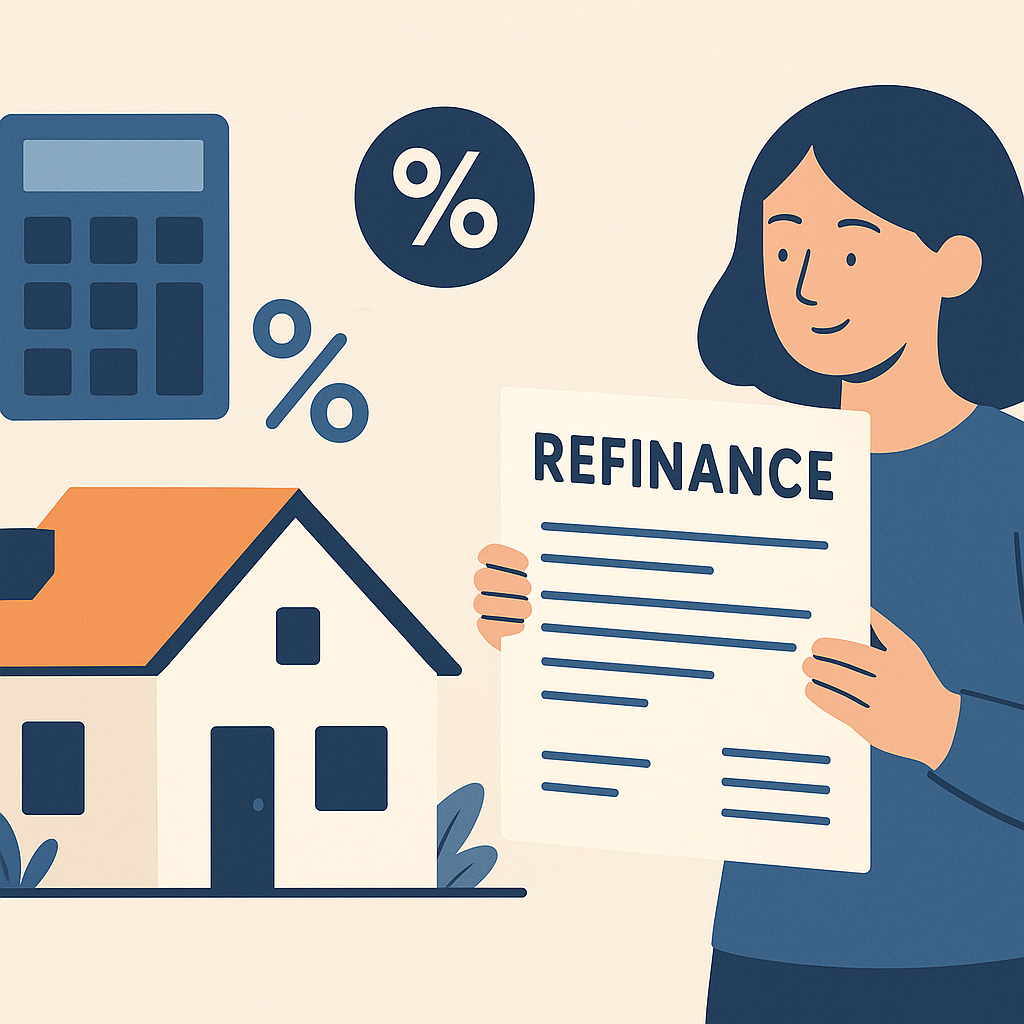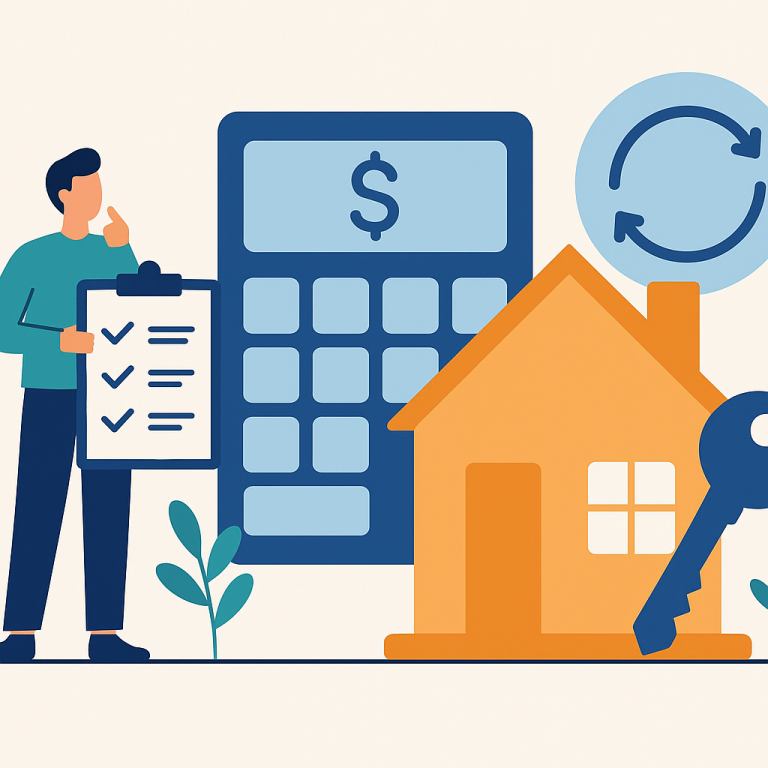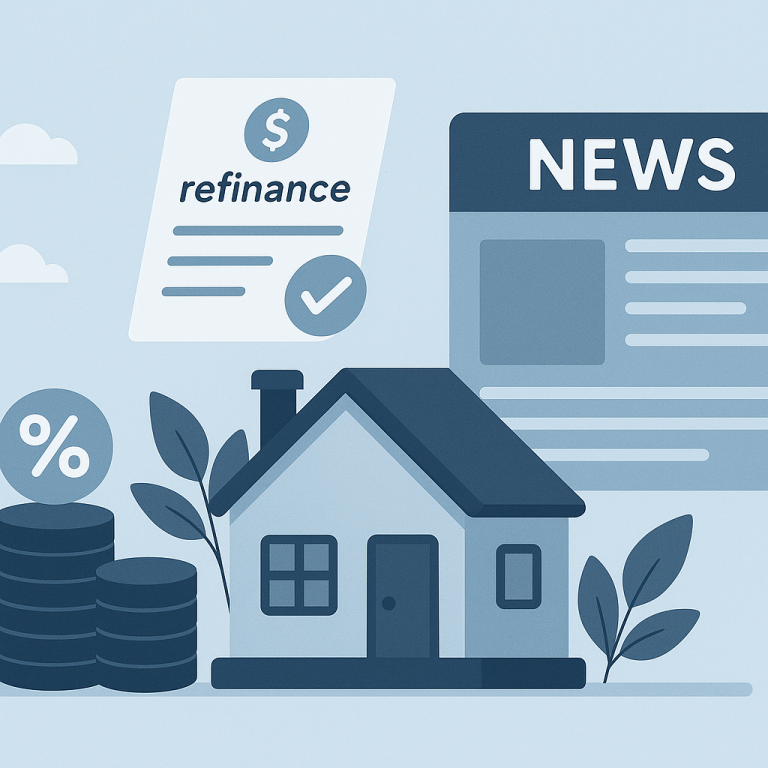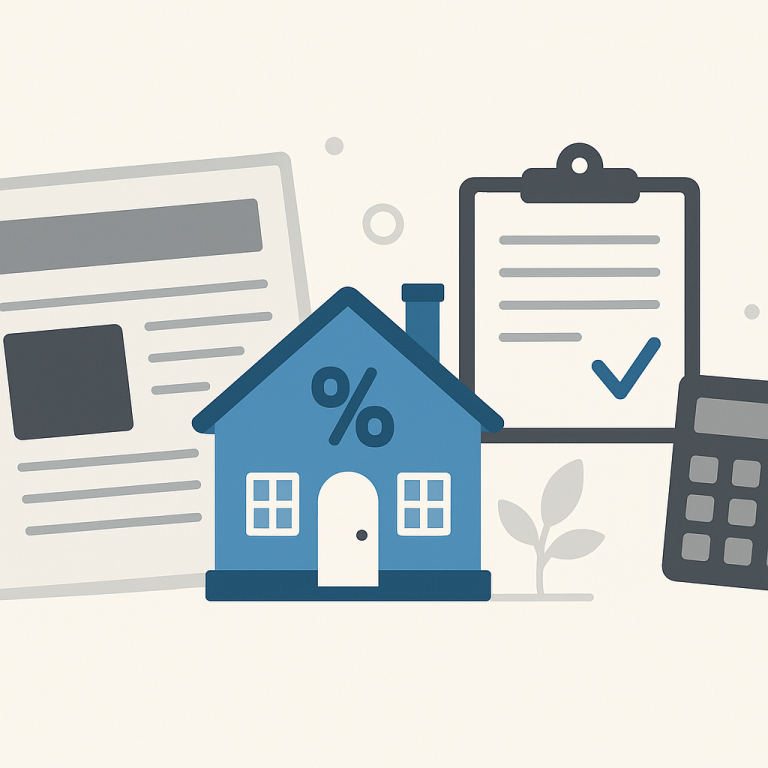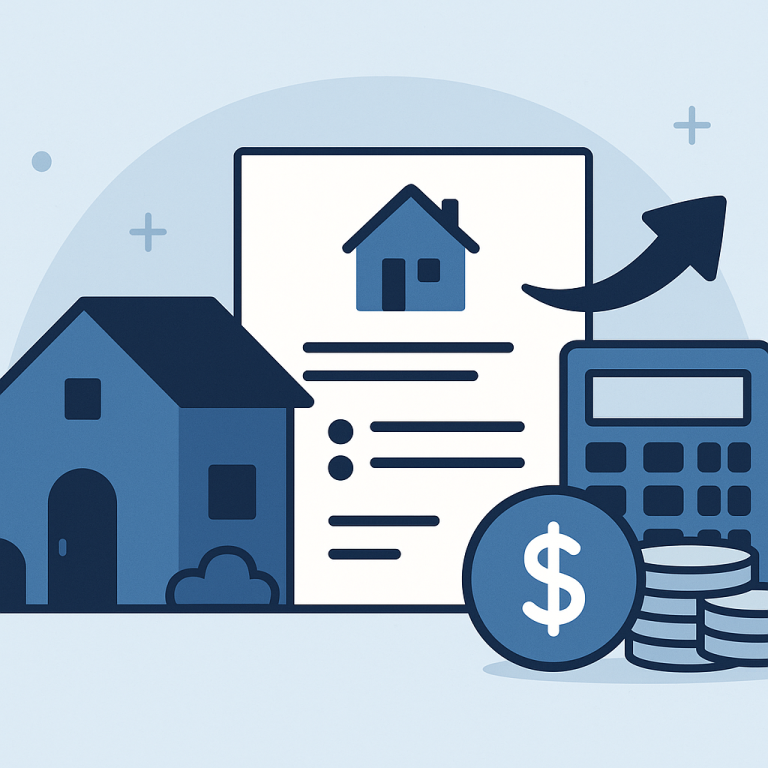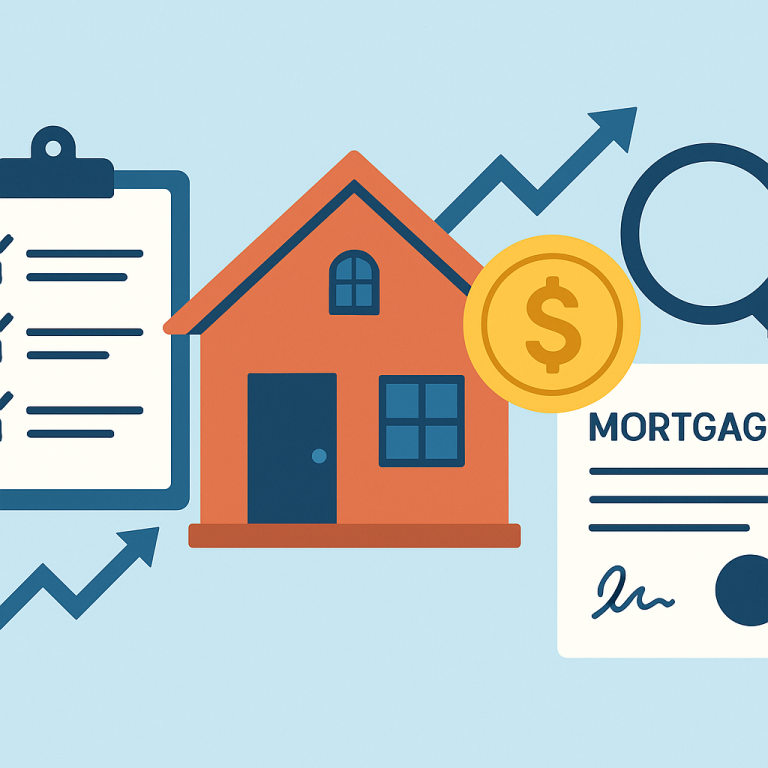Refinance guide credit score improvement quick wins before refinancing
Quick Wins to Improve Your Credit Score Before Refinancing
Refinancing a mortgage can save you thousands of dollars over the life of your loan, but your credit score is one of the most important factors lenders use to set your interest rate. If you’re planning to refinance in the next 30–90 days, there are focused, legal steps you can take to nudge your score up quickly. This article explains what these “quick wins” are, when they make sense, their pros and cons, potential costs, a step-by-step plan, common mistakes to avoid, and a short FAQ.
What it Is and When It Makes Sense
Credit score “quick wins” are short-term actions aimed at improving the credit factors lenders review—payment history, credit utilization, length of credit history, new credit, and credit mix—on a fast timeline. These moves are especially useful if you:
- Are refinancing in the next 30–90 days and need a small but meaningful rate improvement.
- Have a good but not excellent score (e.g., fair to good range) and can benefit from a modest increase to qualify for better pricing tiers.
- Have specific, fixable issues like high credit utilization or reporting errors.
If you have major credit problems—multiple recent late payments, foreclosures, or bankruptcies—quick fixes won’t be enough and you’ll need a longer-term plan.
Benefits and Drawbacks
Benefits
- Lower mortgage rate: Even a small score increase can reduce your rate and monthly payment.
- Speed: Many tactics can produce measurable improvements in weeks rather than months.
- Low effort: Several actions require only phone calls, online payments, or minor strategy changes.
Drawbacks
- Temporary effects: Some improvements (like authorized user status) can be reversed or take time to stabilize.
- Costs: Some tactics involve fees (balance transfer fees, paid services) or temporary borrowing.
- Limited impact: If your credit issues are deep, quick wins may not move the needle enough for a meaningful rate change.
Costs and Fees
Most quick-win actions are low-cost or free, but be aware of possible expenses:
- Balance transfer fees: Typically 3%–5% of the amount moved—may be worth it if it meaningfully lowers utilization quickly.
- Credit-builder loans or secured cards: These can have small fees or interest costs if you borrow to build payment history.
- Paid credit repair services: Fees vary; avoid promises of guaranteed results and prioritize do-it-yourself options first.
- Refinance-related costs: While not a credit-improvement cost, remember appraisal, title, origination, and closing fees when timing your refinance.
Step-by-Step Process (30–90 Day Plan)
These steps are ordered from fastest and least risky to more involved. Adjust timing based on your refinance date.
-
Pull your credit reports and scores:
Obtain free reports from AnnualCreditReport.com and a score snapshot from your bank or a credit-monitoring service. Identify any errors or unexpected accounts.
-
Dispute errors immediately:
File disputes online for incorrect late payments, wrong balances, or accounts that aren’t yours. Many disputes are resolved within 30–45 days and can quickly boost your score if reversed.
-
Reduce credit utilization:
Pay down balances on cards to get utilization under 30%—ideally under 10%—on the reporting date. If payday is tight, ask for a one-time courtesy adjustment or request that a large payment posts before the statement closing date.
-
Request a credit limit increase:
Call your card issuers to request higher limits without opening new accounts. If granted, utilization falls immediately; avoid taking on new balances afterward.
-
Avoid new credit applications:
Each hard inquiry can ding your score. Hold off on new cards, auto loans, or other credit checks until after your refinance closes.
-
Make on-time payments and set autopay:
Payment history is the largest scoring factor. Even a single late payment can hurt, so ensure all bills are paid on time.
-
Use an authorized user strategically:
Being added as an authorized user on a long-standing, well-managed account can boost your score quickly if the issuer reports authorized users to the bureaus.
-
Consider a short-term balance transfer or secured loan:
Moving balances to a 0% transfer or taking a small, short-term loan to pay down credit cards can lower utilization. Factor in fees and the time to report.
Common Pitfalls to Avoid
- Closing old accounts: Closing a long-standing card can lower your average account age and reduce available credit, increasing utilization.
- Paying after the statement date: A large payment made after the statement closing date won’t affect the reported balance until the next cycle—timing matters.
- Opening new credit for a “quick boost”: New accounts shorten your average age and generate hard inquiries; don’t open new cards immediately before refinancing.
- Relying on disputed items as instant fixes: While disputes can help, they’re not guaranteed and may take weeks—treat them as part of a multi-pronged strategy.
- Using paid services without vetting: Avoid any company that promises impossible results or asks you to misrepresent information to credit bureaus.
Short FAQ
Q: How much can my score improve in 30 days?
A: It varies. Fixing an error or reducing utilization can yield noticeable changes (often 10–30 points) in a month, but results depend on your credit profile and what’s holding your score back.
Q: Will checking my own credit hurt my score?
No. Soft inquiries from you checking your own reports or scores do not affect your credit score. Avoid hard inquiries from new credit applications.
Q: Is being an authorized user safe for my refinance plan?
Yes, if the primary account has a long, clean payment history and the issuer reports authorized users. Confirm reporting before relying on this strategy.
Q: Should I pay off small-dollar collections or disputed debts first?
Prioritize debts that are actively reported as “paid” or “deleted” upon settlement. For collections, request a written agreement confirming removal from your report before paying if possible.
Improving your credit before refinancing is often about timing and priorities more than drastic changes. Focus on lowering utilization, fixing errors, and preserving account age, and you can gain meaningful improvements that lead to better mortgage terms.
META: credit score, mortgage refinance, credit improvement, quick wins, credit utilization, authorized user, dispute errors

